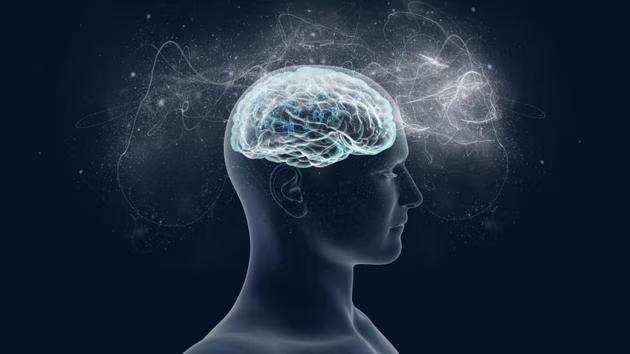
Adult Brains Can Generate Neurons into Old Age: Study
The human brain is a remarkable and complex organ, capable of incredible feats of cognitive and emotional processing. However, one of the most fascinating aspects of the brain is its ability to adapt and change throughout our lives. Recent research has shed new light on the brain’s potential for regeneration, revealing that adult brains can generate neurons into old age.
A study conducted by scientists from the Karolinska Institute in Stockholm, Sweden, has made a groundbreaking discovery about the brain’s ability to create new neurons. The research, titled “Identification of proliferating neural progenitors in the adult human hippocampus”, found evidence of neural stem cells growing in the hippocampus region of adults.
The hippocampus is a region of the brain responsible for memory formation and spatial navigation. It’s also an area that’s prone to age-related decline, leading to conditions such as Alzheimer’s disease and depression. The discovery of neural stem cells in this region is significant, as it suggests that the brain may have a greater ability to regenerate and adapt than previously thought.
Previous studies have shown that the brain has a limited capacity for neurogenesis, or the creation of new neurons, during childhood and adolescence. However, it was unclear whether this ability continued into adulthood or if it ceased altogether. The Karolinska Institute study provides conclusive evidence that neural stem cells can grow and differentiate into new neurons in the adult brain.
The researchers used a combination of advanced imaging techniques and cell sorting to analyze samples of brain tissue from adults and older adults. They found that the hippocampus of adults contained a higher number of neural stem cells than previously thought, and that these cells were actively dividing and differentiating into new neurons.
This discovery has significant implications for our understanding of brain development and aging. It suggests that the brain is capable of adapting and changing throughout our lives, and that we may have a greater ability to regenerate and recover from brain damage than previously thought.
The study’s findings also raise questions about the potential for therapies aimed at promoting neurogenesis in adults. If neural stem cells can be encouraged to grow and differentiate into new neurons, it may be possible to develop treatments for conditions such as Alzheimer’s disease, depression, and anxiety.
One potential approach could be the use of neural stem cell therapies, which involve transplanting stem cells into the brain to promote neurogenesis. This approach has shown promise in animal studies, and may offer a new avenue for treating neurological disorders.
Another potential approach could be the use of exercise and cognitive stimulation to promote neurogenesis. Studies have shown that physical exercise and mentally stimulating activities can increase the growth of new neurons in the brain, and may help to promote cognitive health and resilience.
The Karolinska Institute study is just the latest in a growing body of research that’s challenging our understanding of brain development and aging. As scientists continue to uncover the secrets of the brain’s incredible ability to adapt and change, we may be on the cusp of a major breakthrough in our understanding of human cognition and behavior.
In conclusion, the discovery that adult brains can generate neurons into old age is a significant finding that has major implications for our understanding of brain development and aging. As researchers continue to explore the potential of neural stem cells and the brain’s ability to regenerate, we may be on the brink of a major breakthrough in the treatment of neurological disorders and the promotion of cognitive health.






